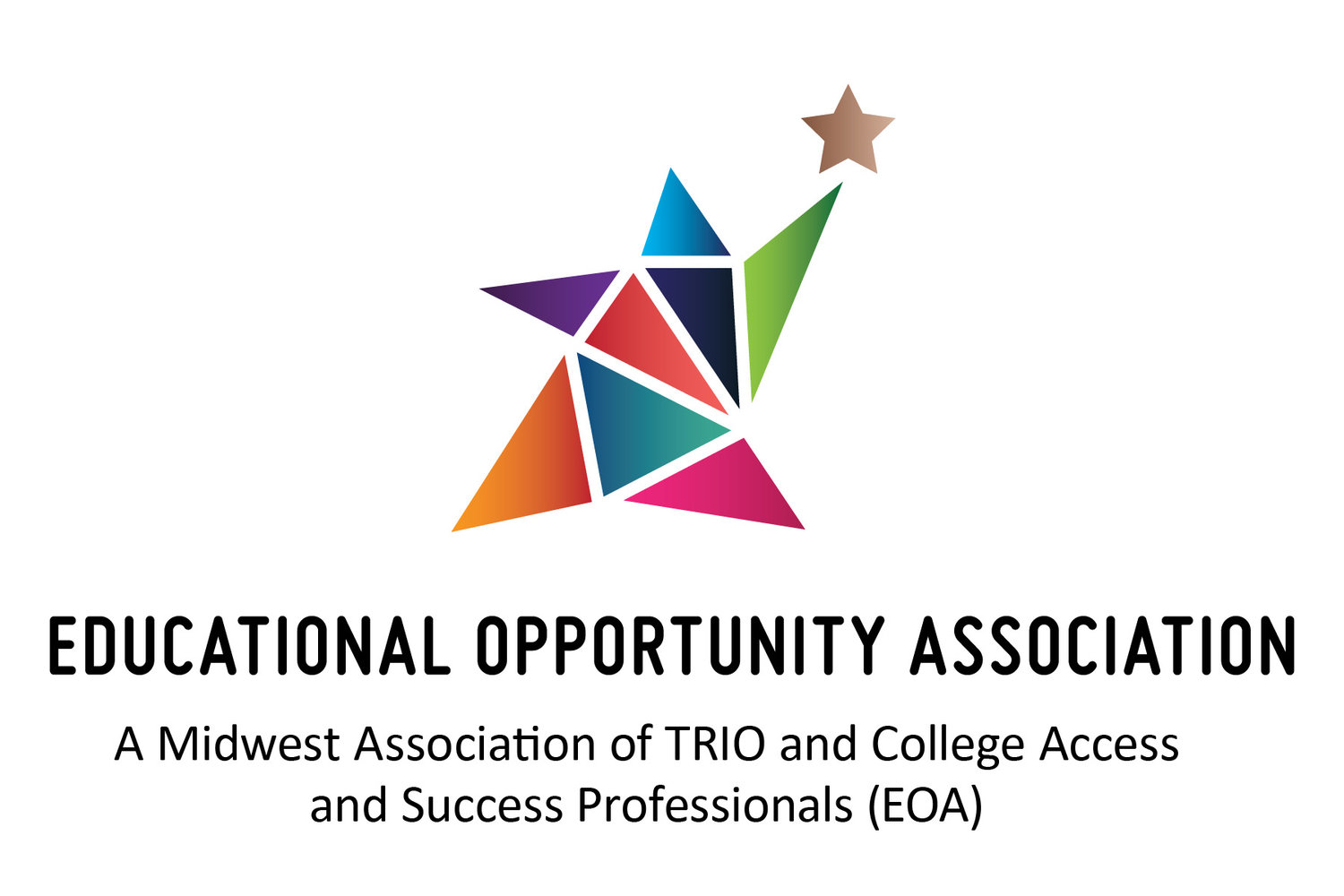Curriculum Practices
An External Expert Panel validated these practices for effectiveness. They were contributed by GU/TRIO professionals who used them successfully in their programs. You are invited to do the same. Go to this website's “Share” section to learn how to submit a practice and receive help. If we all share, this will become a more powerful online program manual for the community.
High School Financial Literacy GEAR-UP Students. Wichita State University (approved Promising Practice October 31, 2014).
The GEAR UP program created an online high school financial literacy program based on the National Standards for K-12 Personal Finance Education created by Jump$tart. The program's six parts teach students financial knowledge in financial responsibility, income and careers, planning and money, credit and debt, risk management and insurance, and saving and investing. The goal is to ensure seniors graduate with basic knowledge of finance. The program begins with an an introduction to financial literacy, which includes a pre-test to assess the students’ financial literacy knowledge.
<Click on this link to download the above education practice.>
--------------------
Integrated Approach to the First Year Experience at College. University of Minnesota-Twin Cities (Minneapolis, MN) (approved Validated Practice 10/31/16)
This FYE program builds on multiple, interrelated, multidisciplinary strategies that support a multicultural, diverse student body’s entrance into and successful movement through college to timely graduation. Key FYE program components are described as conceived, assessed, and revised through an ongoing reflective process of program development which response to student learning and development outcomes, classroom structure and practice, and development of faculty capacity to effectively support these in First Year college students. Approximately 25 percent of students entering the College of Education and Human Development are also TRIO SSS participants. The campus TRIO staff worked with the college and department leaders to codesign the FYE program to meet needs of their students.
<Click on this link to download the above education practice.>
--------------------
Summer Enrichment Program Curriculum for Middle School Students. Wichita State University (KS) (approved Promising Practice 9/25/13) The Summer Enrichment Program (SEP) assists in improving learning skills.
It provides college awareness while they develop a sense of achievement by knowledge and motivation. The goals of the SEP are to 1) prepare students for postsecondary education, 2) improve students' attitudes toward learning and education in general, and 3) reduce learning loss that some students experience during summer vacation. Research has shown that students' skills and knowledge often deteriorate during summer, with low-income students facing the largest losses.
<Click on this web link to download the above education practice.>
--------------------
McWrite: Developing Scholarly Writing Skills. Wichita State University (KS) (approved Promising Practice 10/15/13)
The McWrite model for developing scholarly writing skills was developed at Wichita State University to help students with difficulty mastering mechanics of writing (punctuation, grammar, sentence structure, paragraph development) and scholarly writing required for graduate studies. According to Schumacher and Gradwohl-Nash (1991), three writing purposes are fostering understanding and changing conceptions. and developing thinking skills. Participants engage in monthly, hour-long group sessions to develop increased competency in these three essential skills. McWrite benefits students in all areas of their academics, fostering increased confidence in their writing abilities and success in graduate school. A unique feature of the McWrite program is the systematic approach to developing writing skills for all McNair Scholars, regardless of previous academic success.
<Click on this web link to download the education practice.>
